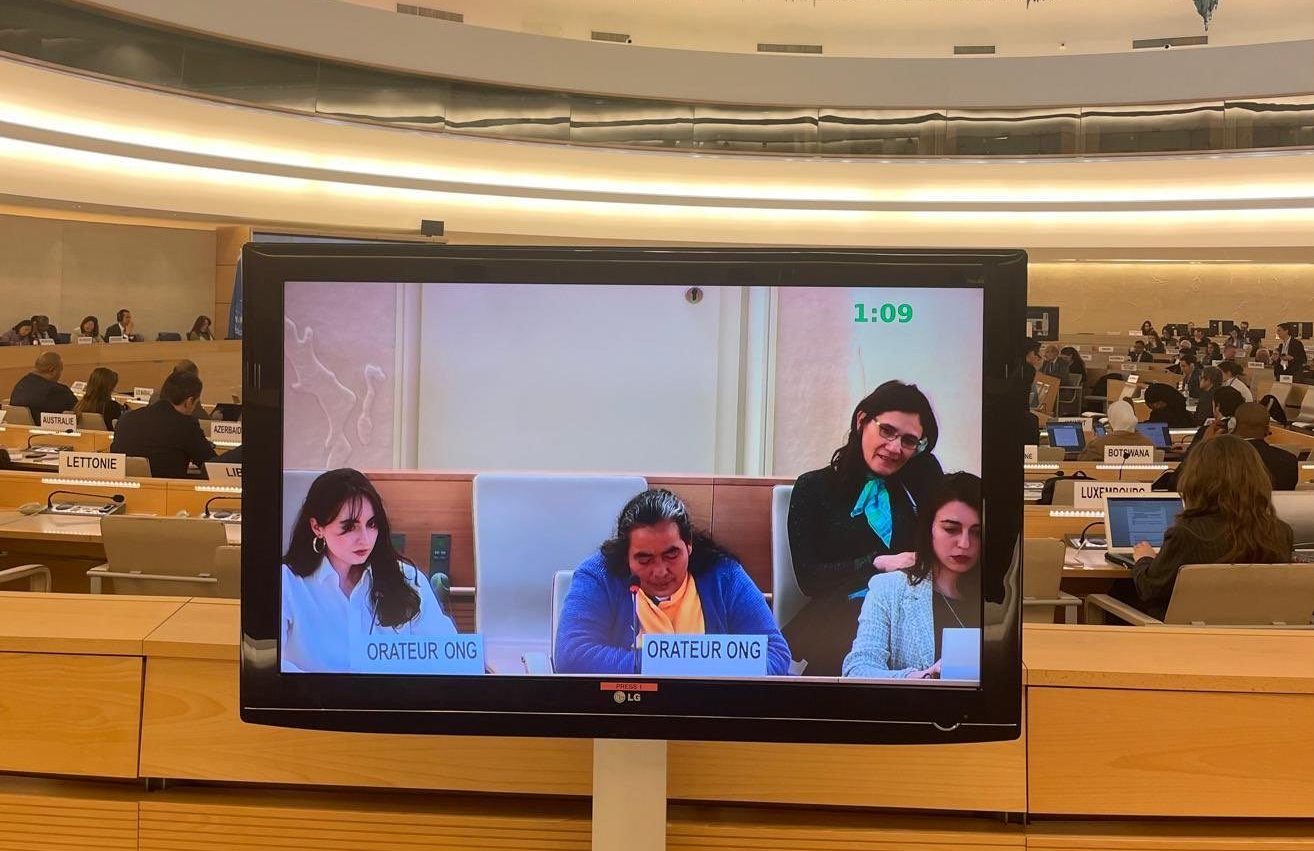Green Crusaders Clash with Zeldin: A Showdown Over Environmental Policy
Environment
2025-04-16 13:13:32Content

In a powerful coalition for environmental justice, Green the Church, the National Medical Association, WE ACT for Environmental Justice, and the Northeast Ohio Black Health Coalition have united to demand stronger environmental protections for vulnerable communities.
The organizations are calling on Administrator Zeldin to prioritize public health over industrial interests, emphasizing the critical need to safeguard communities from harmful pollution. Their collaborative effort highlights the disproportionate environmental risks faced by minority and low-income populations.
By bringing together medical professionals, environmental advocates, and community leaders, this coalition is sending a clear message: protecting people's health must take precedence over corporate polluter interests. They are urging immediate action to implement stricter environmental regulations that protect the most vulnerable populations from toxic exposures and environmental hazards.
The call to action underscores the urgent need for comprehensive environmental policies that ensure equitable protection for all communities, regardless of socioeconomic status or racial background.
Environmental Justice: A Clarion Call for Health and Equity in Community Protection
In the complex landscape of environmental policy, a groundbreaking coalition of health and environmental organizations has emerged, challenging the status quo and demanding comprehensive protection for vulnerable communities against systemic environmental hazards.Uniting Voices for Transformative Environmental Change
The Intersection of Health and Environmental Policy
The contemporary environmental justice movement represents a critical juncture where public health, racial equity, and environmental protection converge. Organizations like Green the Church, National Medical Association, and WE ACT for Environmental Justice are spearheading a transformative approach to addressing systemic environmental challenges that disproportionately impact marginalized communities. These organizations recognize that environmental risks are not uniformly distributed, and historically disadvantaged populations bear a significantly higher burden of environmental pollution. Their collaborative efforts aim to reshape policy frameworks, ensuring that environmental regulations prioritize human health and community well-being over industrial interests.Challenging Systemic Environmental Inequities
The Northeast Ohio Black Health Coalition has been instrumental in highlighting the intricate connections between environmental exposure and community health outcomes. Their research demonstrates that communities of color consistently experience higher rates of respiratory diseases, cancer, and other health complications directly linked to environmental pollutants. By leveraging scientific evidence and community testimonials, these organizations are constructing a compelling narrative that exposes the long-standing environmental injustices perpetuated by inadequate regulatory mechanisms. Their advocacy goes beyond mere criticism, offering comprehensive policy recommendations designed to create meaningful, sustainable change.Legislative Advocacy and Policy Transformation
Congressional engagement represents a critical strategy in the environmental justice movement. By directly challenging administrative policies and demanding accountability, these organizations are pushing for legislative reforms that fundamentally reimagine environmental protection. The call to Administrator Zeldin symbolizes a broader demand for regulatory frameworks that prioritize human health over corporate interests. This approach involves comprehensive environmental impact assessments, stringent pollution control measures, and proactive community engagement strategies that empower local populations to participate in environmental decision-making processes.Community Empowerment and Scientific Collaboration
Innovative approaches to environmental justice increasingly emphasize community-driven research and participatory policy development. By integrating local knowledge with scientific expertise, these organizations are creating more holistic and effective environmental protection strategies. Collaborative research initiatives are documenting the long-term health impacts of environmental pollution, providing irrefutable evidence that supports policy reforms. These efforts not only highlight environmental risks but also demonstrate the economic and social costs of continued environmental negligence.Future Directions and Systemic Change
The environmental justice movement represents more than a series of isolated advocacy efforts; it signifies a fundamental reimagining of the relationship between industrial development, environmental regulation, and community well-being. By challenging existing paradigms and proposing innovative solutions, these organizations are laying the groundwork for a more equitable and sustainable future. Their work underscores the critical understanding that environmental protection is not a luxury but a fundamental human right, essential for individual and collective health, economic prosperity, and social justice.RELATED NEWS
Environment

Breaking: How Educators Are Transforming Classroom Safety from the Ground Up
2025-03-22 19:20:37
Environment

Celestial Spectacle: Dark Sky Week Transforms Altar Rock into Stargazer's Paradise
2025-04-07 16:39:00
Environment

Green Revolution Sprouts: Aurora's Urban Forest Transforms Community Landscape
2025-04-25 18:06:26





